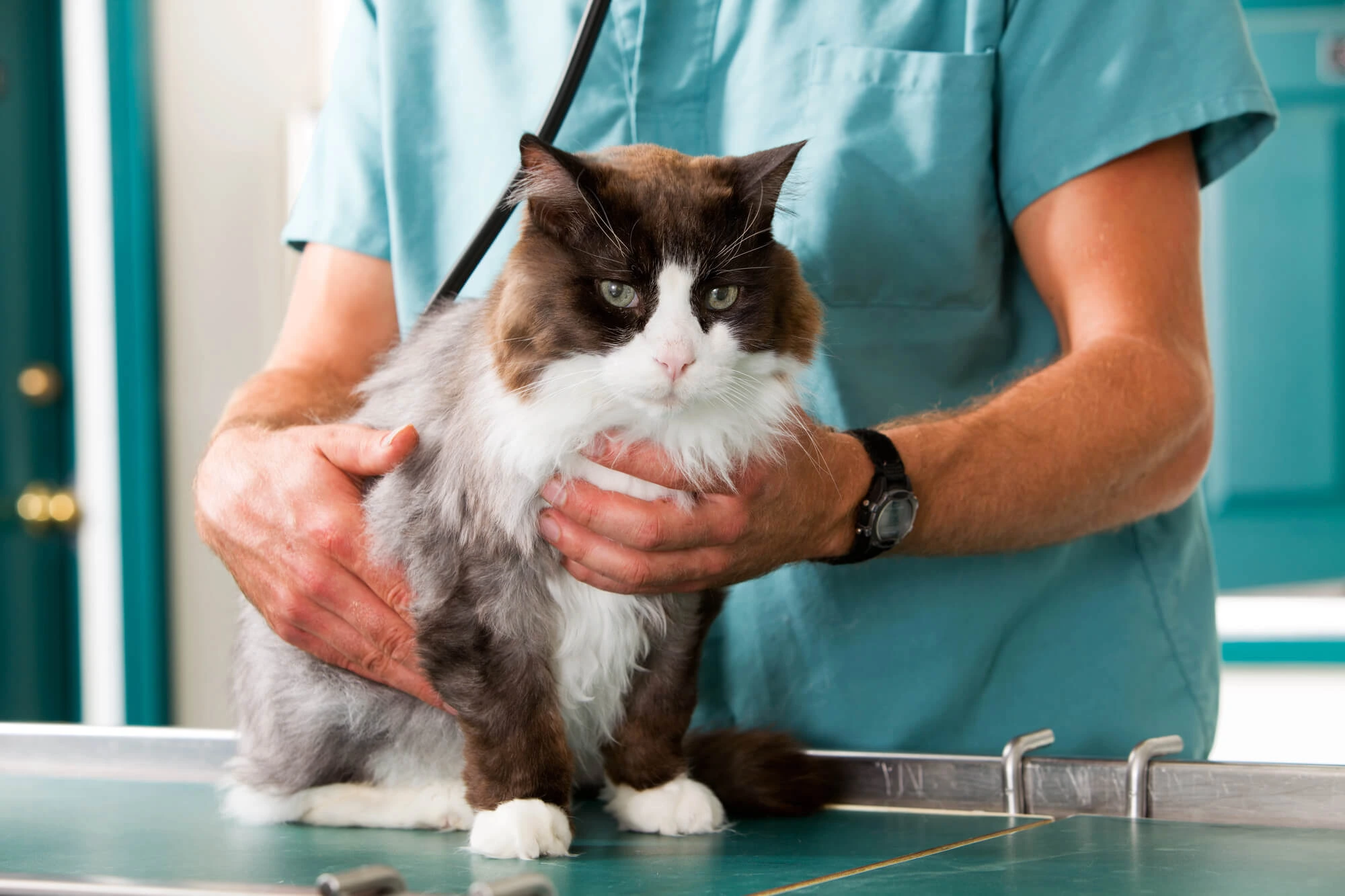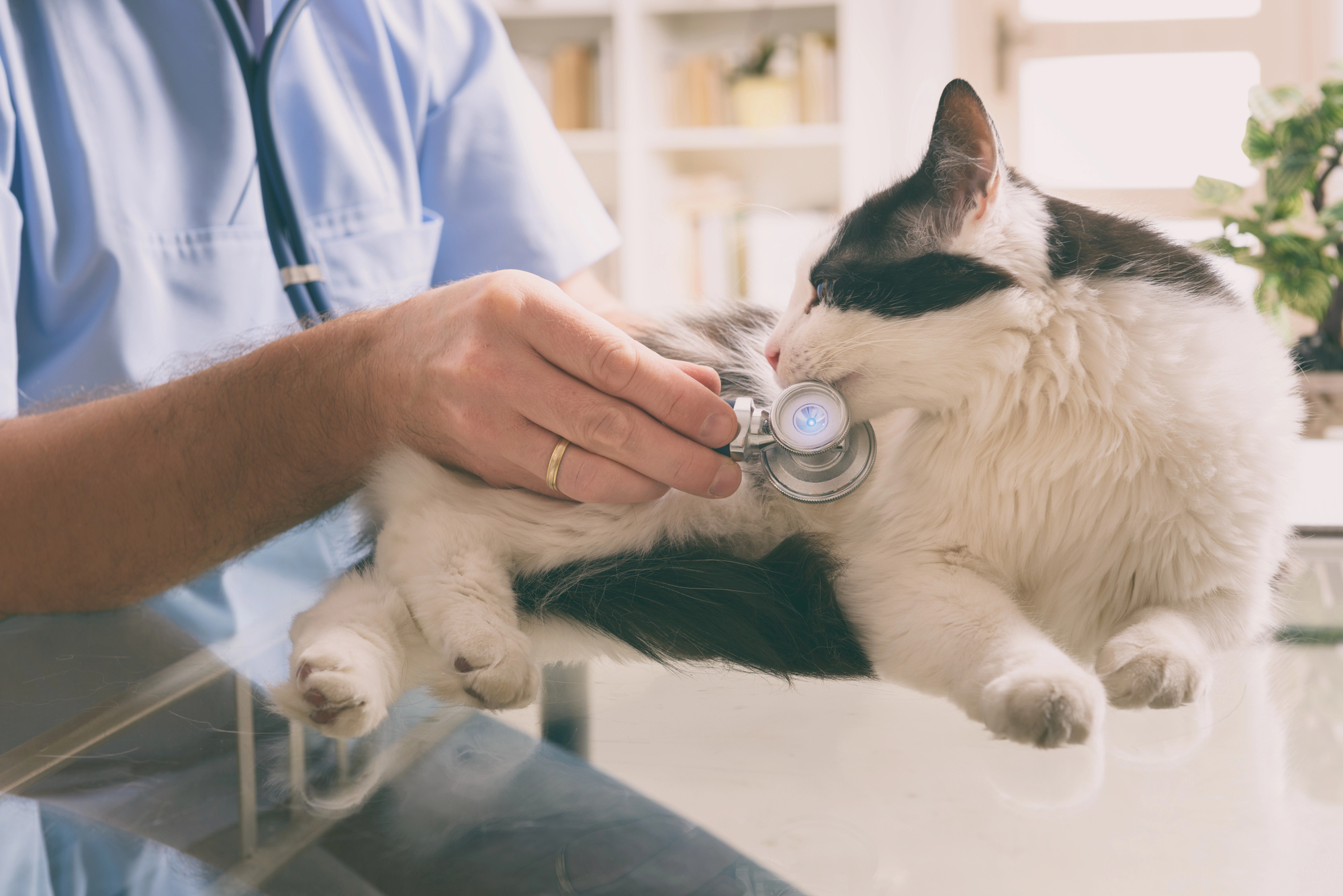How to Recognize Common Pet Illness Symptoms Early

How to Recognize Common Pet Illness Symptoms Early
Every pet owner wants the best for their furry family members, and recognizing pet illness symptoms early can make all the difference in your pet’s health and happiness. At Golden Heart Veterinary Care, located at 13205 Reams Rd, Suite 172, Windermere, FL 34786, our veterinary team believes that informed, proactive care is the foundation of a long and healthy life for your dog or cat. Whether you’re seeking guidance for a sudden change in your pet’s behavior or simply want to be prepared, learning to spot the earliest signs of illness is essential.
In this guide, we’ll discuss which symptoms every dog and cat owner should watch for, why these signs matter, and when to call the vet for a professional evaluation. You’ll also discover practical steps for prevention and how our wellness examination services in Windermere can help detect problems before they become serious. For those searching for a “vet near me,” Golden Heart Veterinary Care is committed to providing top-quality care for pets in Windermere and surrounding communities.
Recognizing the Warning Signs: What Pet Illness Symptoms Look Like
As a pet owner, you know your companion’s normal routines and quirks better than anyone. However, subtle changes can sometimes be the first clue that something isn’t right. Early detection is key, and knowing the most common pet illness symptoms in Windermere can help you act quickly.
Key symptoms to watch for include changes in appetite such as refusing food or water, increased thirst, sudden weight loss or gain, and persistent vomiting or diarrhea. Additionally, lethargy or a sudden lack of interest in play, unexplained limping, difficulty breathing, and changes in urination patterns can all indicate underlying health issues. Other warning signs are coughing, sneezing, unusual lumps or bumps, and visible discomfort when moving or being touched.
Behavioral changes are equally important to observe. If your typically social dog suddenly hides away or your affectionate cat becomes irritable or withdrawn, these shifts may signal pain or illness. Symptoms like excessive scratching, licking, or head shaking might indicate allergies or skin conditions, which are common in the warm, humid climate of Central Florida.
Sometimes, you may notice subtle signs such as bad breath, drooling, or difficulty chewing, which could point to dental disease. Early detection of these symptoms can be crucial, especially in senior pets or those with chronic conditions. If you observe any of these pet illness symptoms near you, it’s best to seek advice from a veterinarian promptly.
Understanding the Causes: Why Do Pets Get Sick?
Illness in dogs and cats can develop for a variety of reasons. In some cases, infectious diseases such as parvovirus or feline upper respiratory infections are responsible, while in others, chronic conditions like diabetes, thyroid disease, or arthritis are the culprit. Environmental factors, such as exposure to parasites, allergens, or toxins, also play a significant role.
In Windermere and surrounding communities, seasonal allergies are a frequent concern due to pollen, grass, and other environmental triggers. Pets may develop sneezing, itchy skin, or watery eyes as a result. Additionally, the hot and humid local climate can increase the risk of heatstroke, dehydration, and certain infections.
Dietary indiscretions, such as consuming table scraps or unfamiliar foods, may lead to digestive upset, while inadequate dental care can result in oral infections. Sometimes, breed predispositions or genetic factors are at play, making some pets more susceptible to specific health problems.
Understanding these causes helps pet owners remain vigilant and proactive. Regular wellness examinations and pet diagnostic laboratory services in Windermere are essential for uncovering hidden illnesses before they progress.
Common Illnesses in Our Area
Certain conditions are more prevalent in Central Florida. Heartworm disease, for example, is a serious risk due to the high mosquito population. Skin infections and allergies often flare up with humidity, while dental disease remains a leading cause of discomfort in both dogs and cats.
If your pet is showing signs such as persistent coughing, scratching, or sudden changes in energy, these could be related to local environmental factors. Being familiar with pet diagnostics in Windermere helps you understand the value of early detection.
How Our Veterinary Team Treats Illness: What to Expect
When you notice pet illness symptoms, scheduling an appointment with our veterinary team at Golden Heart Veterinary Care is the best step for a timely diagnosis. Our approach to treatment involves a thorough physical examination, a detailed discussion of your pet’s symptoms, and, when appropriate, advanced diagnostics such as bloodwork, urinalysis, or imaging.
Treatment options are tailored to your pet’s specific needs and may include medications, dietary changes, or supportive therapies. For example, gastrointestinal issues might be managed with hydration and a bland diet, while infections could require antibiotics. In cases of allergies, our team may recommend allergy testing services for pets to identify triggers and develop a personalized management plan.
If dental disease is detected, professional cleanings, dental radiographs, or even oral surgery may be necessary to restore your pet’s comfort and health. For chronic conditions like diabetes or arthritis, ongoing monitoring and customized treatment plans are essential.
We understand that every pet responds differently, and our veterinarians will explain each step of the process so you feel empowered to make decisions for your companion’s care. By choosing comprehensive veterinary diagnostics in Windermere, you ensure your pet receives the best possible care from a team dedicated to their wellbeing.
The Role of Preventive Medicine
In addition to treating illness, our veterinarians emphasize prevention. Up-to-date vaccinations, parasite control, and routine screenings help protect your pet from many common diseases. Preventive medicine gives you peace of mind and helps your pet live their healthiest life.
Prevention and Home Care: Keeping Your Pet Healthy
While not every illness can be prevented, there are many ways to reduce your pet’s risk of getting sick. Regular wellness checks and vaccinations are foundational, as these appointments allow our team to detect early changes and administer preventive care. Maintaining a balanced diet, providing fresh water daily, and ensuring your pet gets enough exercise all contribute to robust health.
Monitoring your pet’s environment is equally important. In Windermere’s warm climate, keeping pets cool, hydrated, and protected from parasites like fleas, ticks, and mosquitoes is essential. Symptoms such as scratching, hair loss, or inflamed skin may indicate a need for allergy testing or parasite prevention.
Dental health should not be overlooked; brushing your pet’s teeth at home, offering dental chews, and scheduling regular dental cleanings with our veterinarians can significantly reduce the risk of oral disease. Watching for bad breath, drooling, or changes in chewing habits can help catch problems early.
At home, observe your pet for subtle changes. Even small shifts in behavior or appetite can be the first sign of trouble. If you notice symptoms such as vomiting, coughing, or lethargy, don’t wait until the problem worsens. Early action is the best defense, and our pet diagnostic laboratory services near you are here to give you answers and peace of mind.
When to Call the Vet: Knowing When Professional Help Is Needed
Determining when to call the vet can sometimes feel overwhelming, but certain situations always warrant a prompt visit. If your pet is experiencing persistent vomiting or diarrhea, difficulty breathing, severe coughing, loss of consciousness, or signs of pain such as whining, limping, or not wanting to be touched, immediate veterinary care is crucial.
Other scenarios where you should reach out to our veterinary professionals include refusal to eat or drink for more than 24 hours, sudden weight changes, pale gums, or any symptoms that rapidly worsen. Persistent itching, swelling, or skin lesions may indicate allergies or infections that require professional evaluation.
Our team at Golden Heart Veterinary Care encourages you to trust your instincts. If you feel that something is not right with your pet, it’s always better to err on the side of caution. Scheduling a comprehensive pet exam can provide reassurance and allow us to catch illnesses early, improving outcomes and reducing stress for both you and your pet.
Remember, our veterinary diagnostics in Windermere are designed to uncover problems efficiently, so you never have to second-guess your decision to seek help.
Conclusion: Your Partner in Pet Health—Contact Golden Heart Veterinary Care
Early recognition of pet illness symptoms is one of the most important steps you can take to protect your dog or cat’s health. By staying alert to subtle changes and understanding when to call the vet, you can ensure your companion receives timely, effective care.
At Golden Heart Veterinary Care, our veterinarians are dedicated to supporting you at every stage of your pet’s life. From preventive wellness checks to advanced pet diagnostic laboratory services in Windermere, we are committed to being the “vet near me” that local families trust for compassionate, expert care.
If you’ve noticed any concerning symptoms or just want peace of mind, we invite you to schedule an appointment today. Contact our veterinary team at (407) 392-1888 or visit us at 13205 Reams Rd, Suite 172, Windermere, FL 34786 for quality veterinary services near you. Your pet’s health and happiness are always our top priorities.
This blog is intended for informational purposes only and does not replace professional veterinary advice. Always consult your veterinarian for concerns about your pet’s health.
For further reading on pet health and illness symptoms, visit trusted resources such as the American Veterinary Medical Association or Cornell University College of Veterinary Medicine.






















